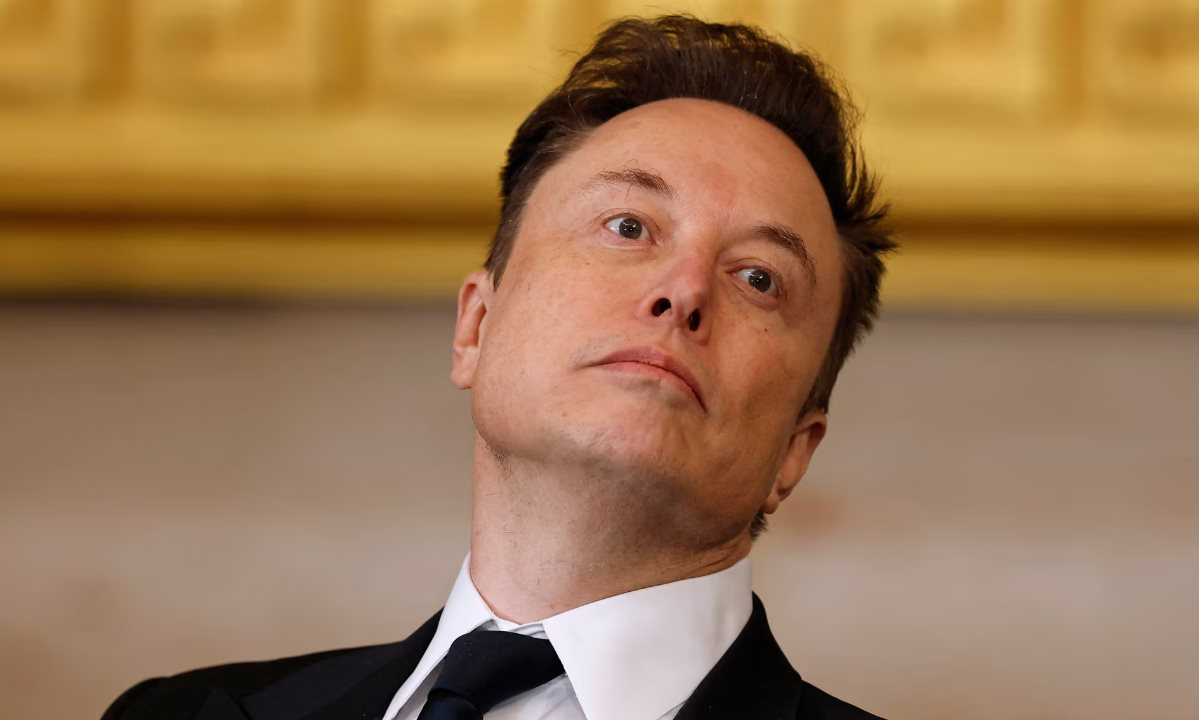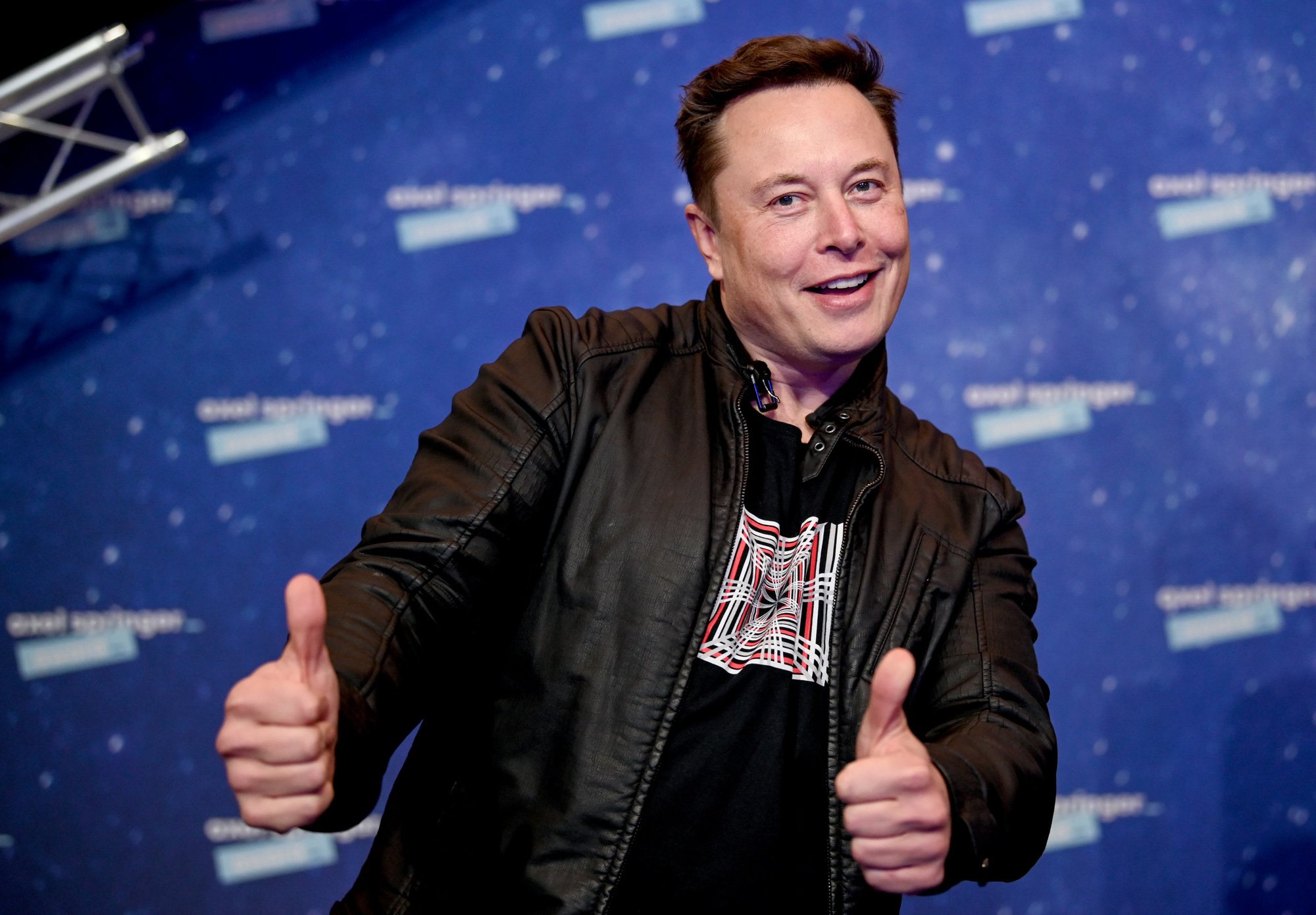In a bizarre fusion of futuristic technology, street-level pranks, and corporate chaos, several California cities have become unwilling hosts to what some are calling “the great cyber-gift hoax.” Over the weekend, a strange series of events unfolded in Palo Alto, Menlo Park, and Redwood City, where unsuspecting pedestrians were met not with the usual robotic voice commands at crosswalks, but with uncanny, AI-generated imitations of Elon Musk and Mark Zuckerberg.
These voices didn’t just mock tech moguls: They offered Cybertrucks to strangers, confessed loneliness, and made veiled political nods that left residents stunned and city officials scrambling.
The situation first came to light when a city employee in Palo Alto noticed something peculiar about one of Croswalk’s voice announcement systems early Saturday morning. Instead of the standard “Walk Sign is on,” the speaker emitted what sounded like Elon Musk, albeit a version filled with desperation, sarcasm, and a touch of wishful thinking.

By the end of the day, a total of 13 pedestrian crossings across the three cities were found to be compromised, all playing AI-like voice messages targeting Tesla and SpaceX CEOs, as well as Meta CEO Mark Zuckerberg.
In one of the viral videos shared on social media, a voice almost identical to Musk’s uttered, “You know, they say money can’t buy happiness, and yeah, okay, I guess that’s true. God knows I’ve tried. But it can buy a cybertruck, and that’s pretty sick, right?”
The voice proceeds to curse and mutter about being “so alone,” leaving viewers confused about whether to laugh, cringe, or care. In another audio clip, the same AI Musk voice pleads with passersby: “Hi, I’m Elon. Can we be friends? Will you be my friend? I’ll give you a cybertruck, I promise.”
As the videos spread online like wildfire, public reaction ranged from amusement to genuine alarm. Many began to wonder if this was an elaborate guerrilla marketing campaign by Tesla, or perhaps a rogue AI test gone wrong.
Others pointed fingers at political trolls, hackers, or anti-tech activists trying to ridicule two of the most influential (and controversial) figures in Silicon Valley. Some conspiracy theorists even claimed this was a deep state attempt to destabilize public trust in AI by making the world’s richest men sound absolutely unhinged at public intersections.
The mystery deepened when another bizarre recording was discovered, this time involving a fake Donald Trump voice interjecting after Musk’s monologue, saying, “Honey, go back to bed.” This brief but inflammatory clip ignited an online firestorm, especially since Musk is known to be a financial supporter of Trump’s latest campaign, often seen as the “de facto boss” of Doge, the Trump-affiliated group of digital entrepreneurs.
Meanwhile, Zuckerberg’s voice, Ai, offered his own brand of dystopian satire. “Hey, it’s Zuck here,” he announced in one instance. “I just wanted to tell you how proud I am of everything we’ve been building together. From undermining democracy to cooking our grandparents’ brains with AI Slop…”
Nobody does it better than us.” In another clip, “Zuck” assures passersby that “it’s normal to feel violated” by AI’s growing role in everyday life and that there’s “absolutely nothing you can do to stop it.”
City officials weren’t amused. Meghan Horrigan-Taylor, a spokesperson for the city of Palo Alto, confirmed that the affected crosswalks were quickly disabled and added that no other traffic signal operations had been compromised. Officials in Menlo Park and Redwood City have yet to issue formal statements, but internal investigations are reported.
As of Monday, no suspects had been named, and the means by which the voice systems were altered was unclear.
Tech analysts and social media watchdogs have been quick to link the prank to a rising wave of anti-tech sentiment sweeping the United States and Europe. Protests labeled “Tesla Takedown” have sprung up in multiple cities, with demonstrators denouncing Tesla’s labor practices, vehicle safety concerns, and perceived alignment with conservative political figures. Indeed, earlier this year in Redwood City, the same location where Zuckerberg’s philanthropic organization is located, a cybertruck was deliberately vandalized in broad daylight, further escalating tensions.
Some speculate that the hacked crosswalks were a form of digital protest or satire aimed directly at the growing political alignment between the Silicon Valley elite and the Trump administration. Both Musk and Zuckerberg sat prominently at Trump’s inauguration and have been accused of bending policies or platforms to the administration’s favor.
Meta, for example, recently eliminated its third-party fact-checking system, replacing it with a user-moderated “Community Notes” model, a decision that critics argue gives more power to misinformation and right-wing narratives.
Despite the serious implications of tampering with public infrastructure, much of the public couldn’t help but find the scenario hilarious and absurd. Pedestrians posted TikToks and Reels featuring Musk’s disembodied voice delivering cybertrucks like a deranged Santa Claus.

Some users began tagging Tesla in their posts demanding the “promised” vehicles, while others turned the incident into memes, portraying Musk as a reclusive AI overlord bribing humanity with expensive electric trucks.
This incident has also sparked renewed debate about the ethics of AI voice cloning. While the technology has shown promise in accessibility tools, entertainment, and customer service automation, its misuse as hoaxes or misinformation is becoming increasingly difficult to ignore.
The line between satire and manipulation is increasingly blurred, particularly when synthetic voices sound indistinguishable from their real-life counterparts.
The deepest irony, of course, is that this spectacle unfolded in the backyard of the AI Revolution. Palo Alto, home of Tesla’s Global Engineering Division, and Menlo Park, the heart of the Meta Empire, are ground zero for many of the technologies now turning against their creators.
That the chaos arose through the innocuous medium of pedestrian crossing announcements only underscores how ubiquitous and vulnerable our technological ecosystem has become.
As of now, Elon Musk and Mark Zuckerberg have not publicly commented on the incident, though many online speculate that Musk, in particular, might be secretly having fun. After all, he’s never shied away from embracing chaos.
And while this may not be an official Tesla promotion, some are already joking that the “Cybertruck for Friendship” could be the most effective marketing strategy Musk has n’t actually launched.
Whether you’re joking, protesting, or performing, one thing is clear: in 2025, reality is increasingly stranger than fiction, and now, apparently, you can hear it at your nearest crosswalk.






